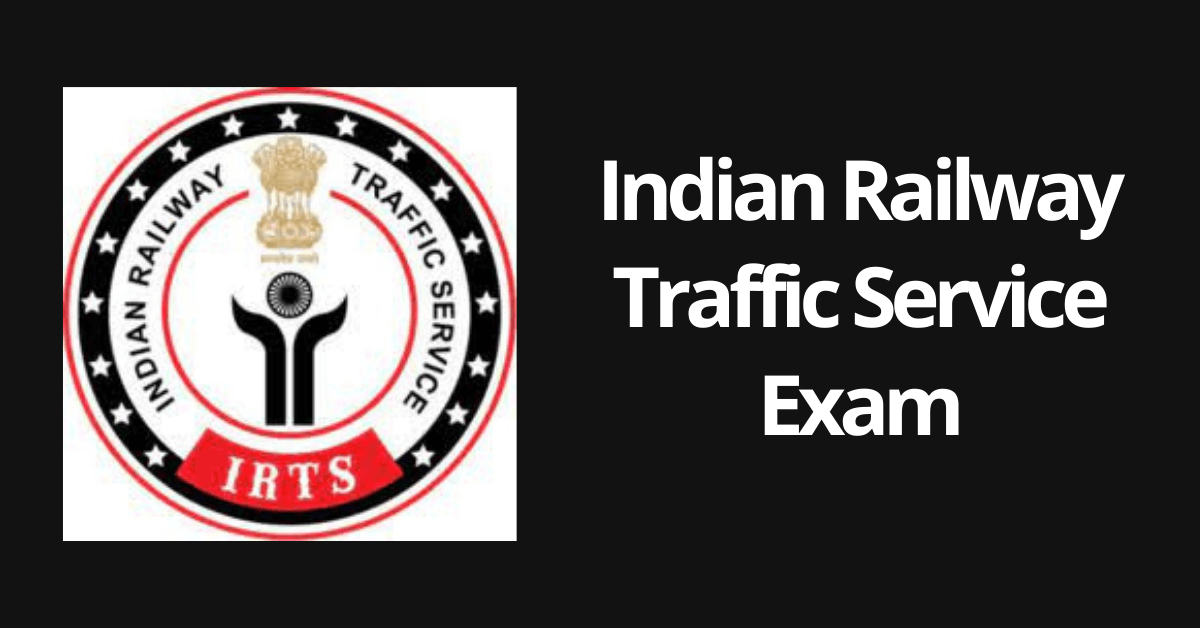IRTSE : Quick and Useful Insight

Indian Railway Traffic Service Exam (IRTSE) is a Central Civil Service under the administrative control of the Ministry of Railway, Government of India. This was rechristened on March 4 ,1967. Earlier it was named as “Officer of the Superior Revenue Establishment of the Traffic, Transportation and Commercial Department of Indian Railways. IRTSE exam is […]
